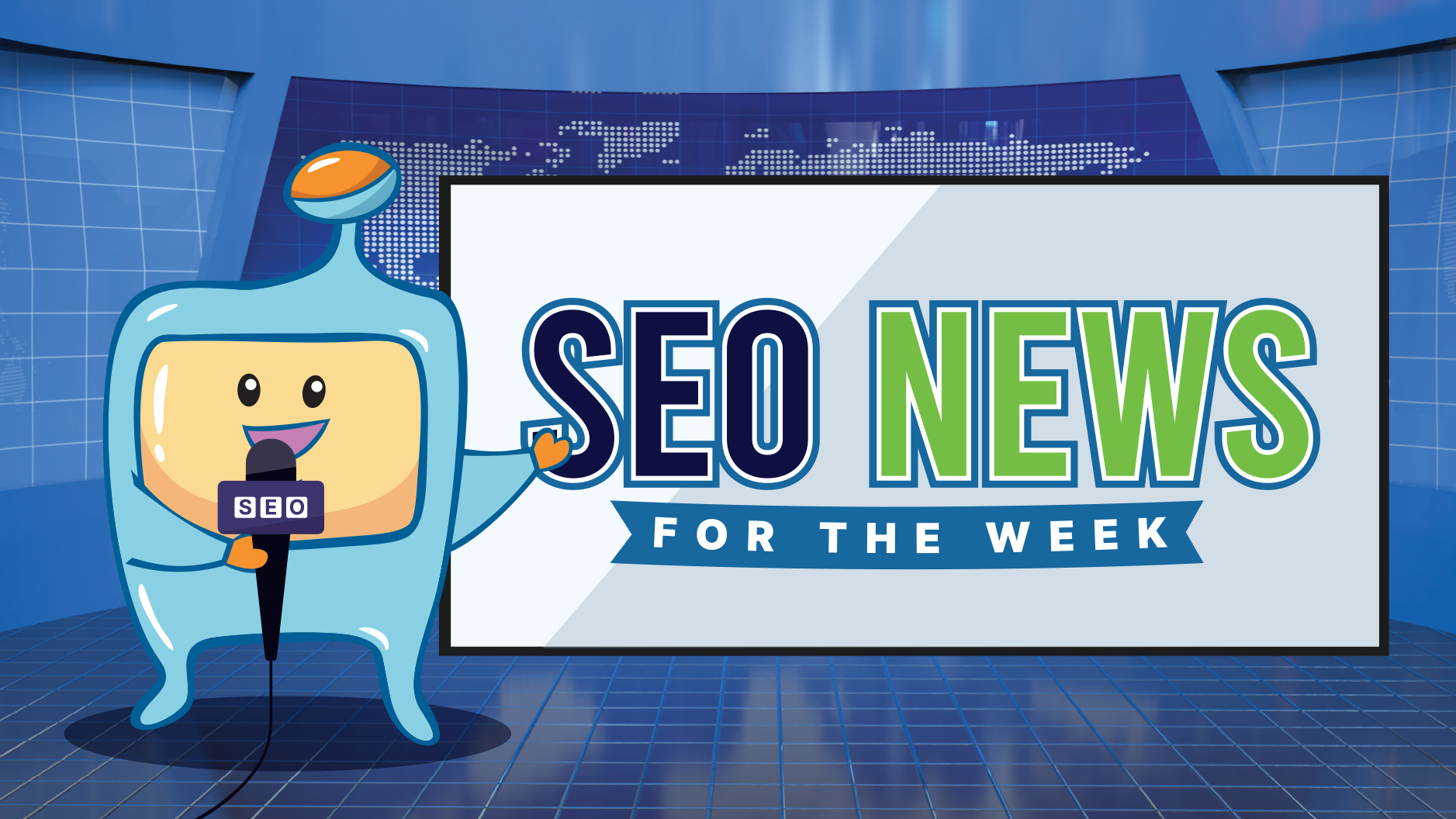
As the concluding week of April gets underway, Google has unexpectedly decided not to require a separate consent prompt for third-party cookies in Chrome, allowing ad tech firms to continue targeted advertising, which highlights limitations in its Privacy Sandbox alternatives. Meanwhile, confidential documents indicate OpenAI may introduce advertising in ChatGPT next year, despite CEO Sam Altman’s past criticism of ads. Additionally, Google AdSense has improved its policy center with new issue labels and filters to help users better address and resolve ad-related concerns.
Google Abandons Chrome’s Planned Cookie Notification Feature
In a surprise move, Google has opted not to introduce a separate consent prompt for third-party cookies in Chrome, permitting advertising technology firms to keep utilizing this targeted advertising method in the globe’s most widely used web browser. By choosing additional consent request, Google has highlighted the shortcomings of its alternative solutions within the Privacy Sandbox.
Google has opted to stick with its existing method of allowing users to control third-party cookies in Chrome, and will not introduce a separate notification specifically for third-party cookies, according to Anthony Chavez, Vice President of Privacy Sandbox at Google, in a recent blog update.
Google is not completely giving up on Privacy Sandbox despite moving away from the cookie prompt, a third-party consent system introduced in February. The company intends to proceed with specific projects, such as IP Protection for Chrome Incognito users, which is set to launch in the third quarter.
Chavez cites industry feedback as reason for the change:
Google has also mentioned its continuous communication and collaboration with regulatory agencies, such as the competition and data privacy authorities in the UK.
By choosing not to introduce a separate cookie notification in Chrome, Google is enabling advertisers to carry on utilizing well-known third-party cookie tracking without any interruptions. This maintains the stability of advertising campaigns in the short term and upholds the current effectiveness of targeting within Chrome’s widespread market presence.
While this development may provide advertisers with a brief respite, it is not a long-term fix. The industry’s overall trend towards prioritizing consumer privacy in advertising remains unchanged, and advertisers should continue to rely on first-party data as the most trustworthy and accurate source of information.
The Privacy Sandbox received negative feedback after its most recent update earlier this year. The update noted difficulties with the technical aspects of its suggestions, especially in terms of attribution.
Although BidSwitch (a subsidiary of Criteo), Index Exchange, and Raptive were actively involved, feedback brought attention to underlying problems:
“In the near future, we plan to collaborate with industry stakeholders unveil a revised strategy outlining our planned investments and focus areas for these technologies,” Chavez announced.
Privacy Sandbox is currently in a state of uncertainty, with progress on the initiative slowing down, according to industry experts.
Google has released a blog post discussing the future plans for Privacy Sandbox and tracking protections in Chrome.
Is ChatGPT planning to introduce ‘Free-user monetization’ with advertisements in 2026?
Could ChatGPT introduce an advertising feature in the upcoming year? It appears likely, according to confidential paperwork from OpenAI. CEO Sam Altman of OpenAI has expressed his dislike for advertisements in the past and has shown worry about products that distort reality to benefit advertisers.
OpenAI is estimated to generate around one billion dollars in additional revenue from monetizing free users in 2026. This amount is expected to increase to close to 25 billion dollars by 2029, as part of’s projected total revenue of 125 billion dollars.
Below is a chart that Juan González Villa shared on X, showing OpenAI’s anticipated increase in revenues, which takes into account revenue from new products, including generating revenue from free users. This includes the possibility of incorporating advertisements:

With approximately 600 million people interacting with ChatGPT every month, the platform offers a advertisers. However, transforming ChatGPT into a model that relies on advertising revenue will require a substantial adjustment to its current approach.
This appears to be a shift in stance from previous comments made by Open AI’s leadership. As recently as December, OpenAI’s CFO Sarah Friar stated:
OpenAI’s CEO, Sam Altman, expressed his dislike for advertisements in a podcast conversation with Lex Fridman. He stated his belief that OpenAI could cover its computational requirements without relying on ads:
The information is sourced from internal data collected by The Information, which requires a subscription.
Google AdSense Policy Center Now Includes Three New Policy Topics, Filters, and a Review System
Google AdSense recently enhanced its policy center with the introduction of three additional issue labels: policy issue, regulatory issue, and advertiser preference. In addition, new filters have been incorporated. Google stated that these updates aim to assist users in gaining a clearer insight into their concerns, prioritizing them effectively, and resolving them efficiently.
Google Introduces Three New Issue Labels to Replace “Must Fix” Designations:
Google has introduced additional filters that allow users to sort by category such as policy concern, regulatory concern, and advertiser preference.
This is how it appears:

Google recently made updates to the “Issue details” page, adding the latest issue labels and changing the name of the “Screenshots” column to “View issue”.
This is how it appears:

Google has recently made changes to the review process, allowing users to inform Google if they think there is a mistake in the labeling of their website or app.
Online conversation taking place at X.